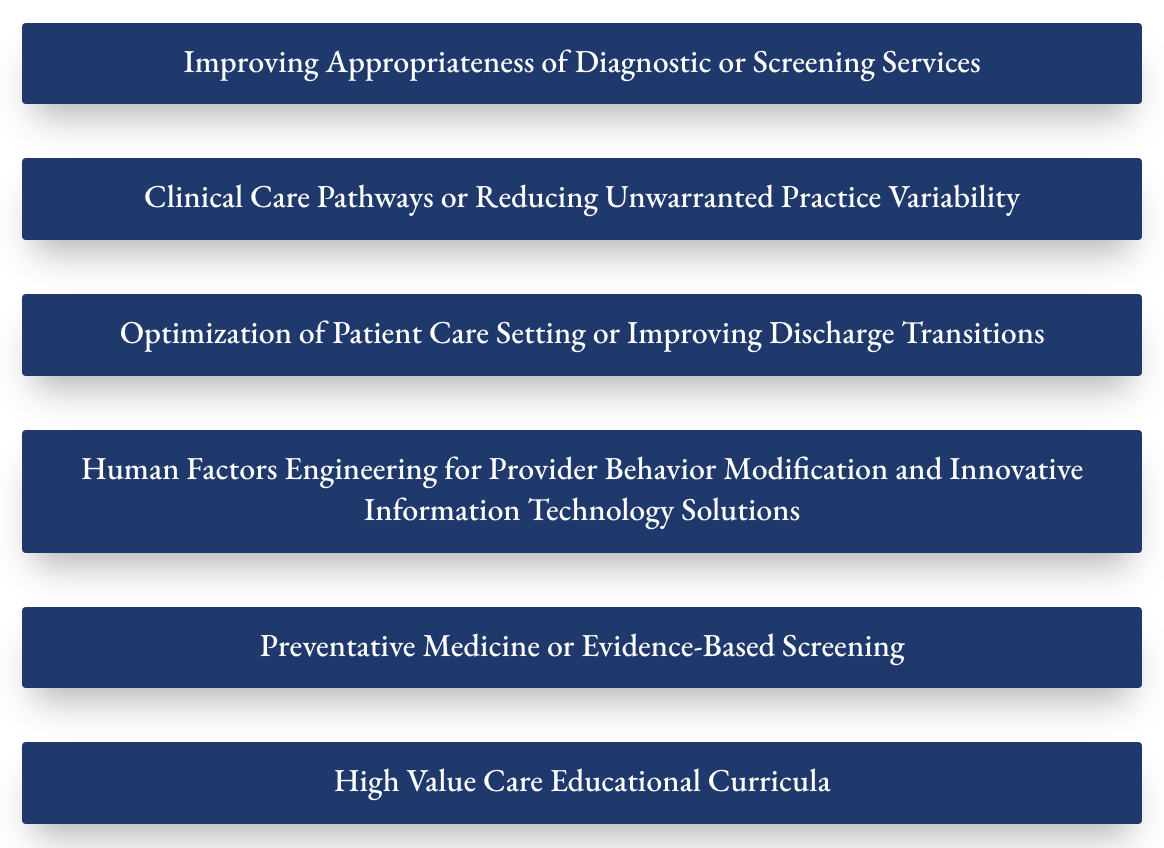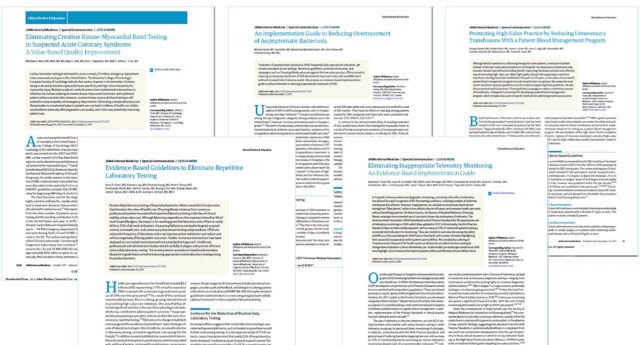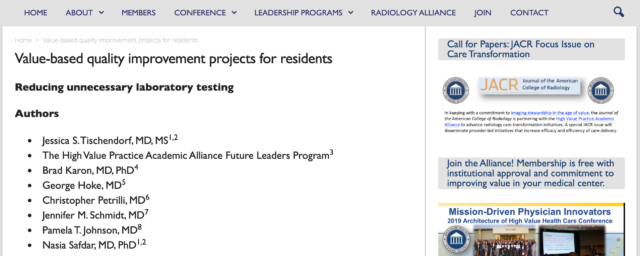From the 2018 HVPAA National Conference
Komal Patel (University of Texas Southwestern Medical Center, Dallas, TX;), Arjun Gupta (University of Texas Southwestern Medical Center, Dallas, TX;), Eileen Marley (Parkland Health and Hospital System), Hsiao C. Li (University of Texas Southwestern Medical Center, Dallas, TX;), Navid Sadeghi (University of Texas Southwestern Medical Center, Dallas, TX;)
Background
Rasburicase is the preferred treatment of hyperuricemia in patients (pts) with tumor lysis syndrome (TLS) and those at high-risk for TLS. However, it is commonly overused leading to increased costs of care.
Objectives
To review rasburicase ordering and utilization patterns at our safety net hospital, and analyze incorrect orders to implement quality improvement interventions to reduce its inappropriate administration and associated costs of care.
Methods
We reviewed the process of ordering rasburicase and its prescription patterns at our safety net hospital between October 2015-September 2017. We reviewed pertinent labs and clinical documentation to determine appropriate vs. inappropriate use based on internally approved indications (laboratory TLS, intermediate- or high-risk for TLS, acute kidney injury and hyperuricemia). Quality improvement interventions were implemented to improve ordering patterns.
Results
Sixty-five pts received ≥1 rasburicase dose during the study period. Rasburicase was deemed inappropriate in 21 patients (32.3%). Ordering providers included oncologists (23 pts, 35%), hospitalists (16 pts, 25%), intensivists (11 pts, 17%), emergency medicine (8 pts, 12%), and other (7 pts, 11%). A high percentage of hospitalists and emergency medicine orders were inappropriate, at 50% and 25% respectively.
Ordering process review revealed that providers were not required to review the approved indications listed in the electronic order. Any provider could order rasburicase and a secondary review by pharmacy was not required prior to administration. To address these, we implemented a best practice advisory alert in February 2018 requiring providers to select an indication from the approved list in the electronic order. A mandatory secondary review by pharmacy prior to dispensing the medication was implemented.
Conclusion
All providers are responsible for cost of care reduction, and critical appraisal of medical interventions can lead to significant cost saving nationally. A third of rasburicase orders were inappropriate at our hospital, leading to unnecessary costs. Simple electronic medical record (EMR) interventions have been implemented to improve ordering patterns.
Implications for the Patient
The implemented changes increase the likelihood that rasburicase is administered when clinically indicated. Furthermore, these interventions prevent pts without TLS from receiving an unnecessary expensive medication with potential side effects. Rasburicase ordering patterns will be monitored to assess the impact of our interventions, with further interventions introduced as required.





